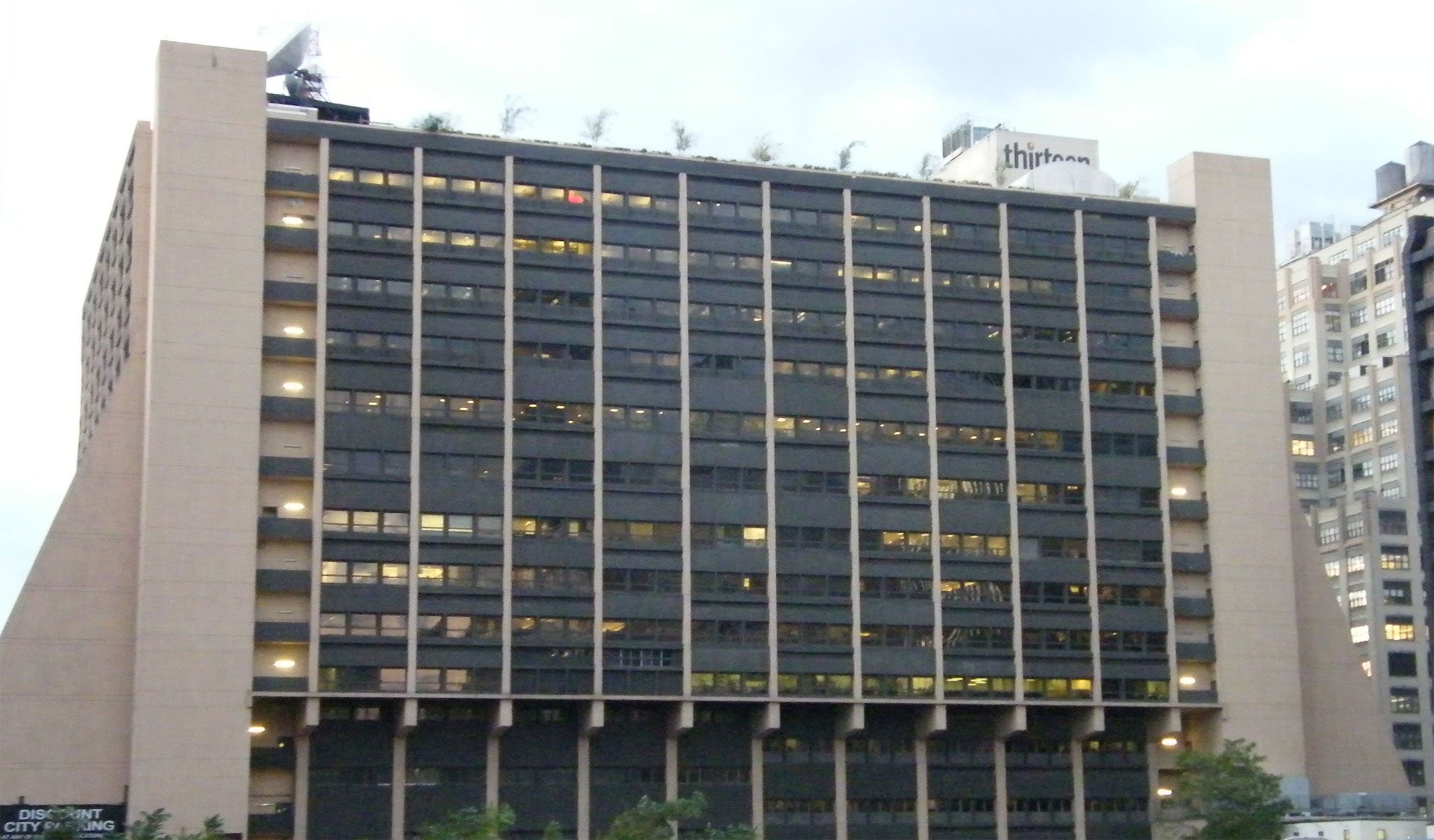Your support helps us to tell the story
From reproductive rights to climate change to Big Tech, The Independent is on the ground when the story is developing. Whether it's investigating the financials of Elon Musk's pro-Trump PAC or producing our latest documentary, 'The A Word', which shines a light on the American women fighting for reproductive rights, we know how important it is to parse out the facts from the messaging.
At such a critical moment in US history, we need reporters on the ground. Your donation allows us to keep sending journalists to speak to both sides of the story.
The Independent is trusted by Americans across the entire political spectrum. And unlike many other quality news outlets, we choose not to lock Americans out of our reporting and analysis with paywalls. We believe quality journalism should be available to everyone, paid for by those who can afford it.
Your support makes all the difference.The Associated Press news agency has condemned the US government for the unexplained seizure of records of telephone calls made by its journalists.
Describing the seizure as “a massive and unprecedented intrusion”, AP’s chief executive Gary Pruitt accused the US Justice Department of gathering records from more than 20 separate phone lines; including reporters’ private and office lines, general numbers for its New York, Washington and Connecticut offices, and the main phone line used by reporters based in the House of Representatives press gallery.
He said that the records focused on calls made between April and May 2012, adding it was unknown how many phone calls were made and received on the 20 phone lines in that time but stressing that, as over 100 journalists had access to the phones, it was possible that the records ran into the hundreds.
He went on to say that the some of the calls are likely to have been with confidential sources on a variety of topics, including sensitive information about the US government itself.
Mr Pruitt said: “There can be no possible justification for such an overbroad collection of the telephone communications of the Associated Press and its reporters.”
He added: “These records potentially reveal communications with confidential sources across all of the newsgathering activities undertaken by the AP during a two-month period, provide a road map to AP's newsgathering operations, and disclose information about AP's activities and operations that the government has no conceivable right to know”.
The Justice Department has provided no formal explanation for the seizures, but US Attorney Officer officials have previously stated they were conducting a criminal investigation into information contained in an AP story about a CIA operation in Yemen which was published in May last year.
White House representatives quickly sought to distance themselves from the seizure, with press secretary Jay Carney issuing a statement claiming they had only become aware of developments through media reports.
He said: “Other than press reports, we have no knowledge of any attempt by the Justice Department to seek phone records of the AP. We are not involved in decisions made in connection with criminal investigations, as those matters are handled independently by the Justice Department.”
The Republican chairman of the investigative House of Representatives Oversight and Government Reform Committee, Darrell Issa, criticised the seizure of records.
Speaking to CNN, he said: “They had an obligation to look for every other way to get it before they intruded on the freedom of the press”.
The Democratic chairman of the Senate Judiciary Committee, Senator Patrick Leahy, emailed AP a statement which read: “I am very troubled by these allegations and want to hear the government's explanation.”
Meanwhile, the American Civil Liberties Union accused the Obama administration of “press intimidation”.
In response, the US Attorney's Office in the District of Columbia issued a statement insisting it took its obligations to “follow all applicable laws, federal regulations, and Department of Justice policies” seriously.
It said: “Those regulations require us to make every reasonable effort to obtain information through alternative means before even considering a subpoena for the phone records of a member of the media”.
It added: “Because we value the freedom of the press, we are always careful and deliberative in seeking to strike the right balance between the public interest in the free flow of information and the public interest in the fair and effective administration of our criminal laws”.

Join our commenting forum
Join thought-provoking conversations, follow other Independent readers and see their replies
Comments